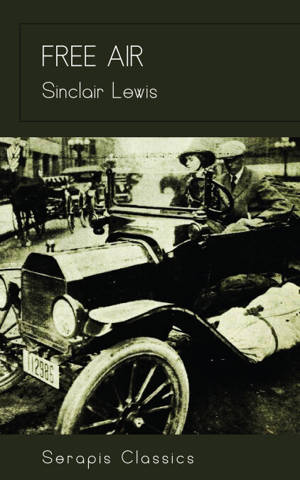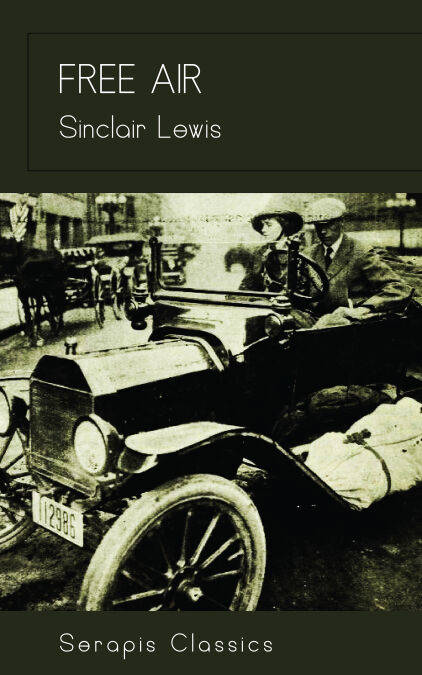
- Afhalen na 1 uur in een winkel met voorraad
- Gratis thuislevering in België vanaf € 30
- Ruim aanbod met 7 miljoen producten
- Afhalen na 1 uur in een winkel met voorraad
- Gratis thuislevering in België vanaf € 30
- Ruim aanbod met 7 miljoen producten
Zoeken
Omschrijving
From a critical perspective, Free Air is consistent with Sinclair Lewis's lean towards egalitarian politics, which he displays in his other works (most notably in It Can't Happen Here). Examples of his politics in Free Air are found in Lewis's emphasis on the heroic role played by the book's protagonist, Milt Dagget, a working class everyman type. Conversely, Lewis presents nearly every upper-class character in Claire Boltwood's world (including her railroad-mogul father) as being snobby elitists. The story also champions the democratic nature of the automobile versus the more aristocratic railroad travel. Lewis's showing favoritism towards the freedom which automobiles would eventually accord the working and middle classes bolsters the egalitarian, democratic aesthetic. Free Air is one of the first novels about the road trip, a subject around which the Beats (most notably Jack Kerouac) would build a cult following in the mid-20th century.
Specificaties
Betrokkenen
- Auteur(s):
- Uitgeverij:
Inhoud
- Aantal bladzijden:
- 162
- Taal:
- Engels
Eigenschappen
- Productcode (EAN):
- 9783962558758
- Verschijningsdatum:
- 6/10/2017
- Uitvoering:
- E-book
- Formaat:
- ePub

Alleen bij Standaard Boekhandel
Beoordelingen
We publiceren alleen reviews die voldoen aan de voorwaarden voor reviews. Bekijk onze voorwaarden voor reviews.








